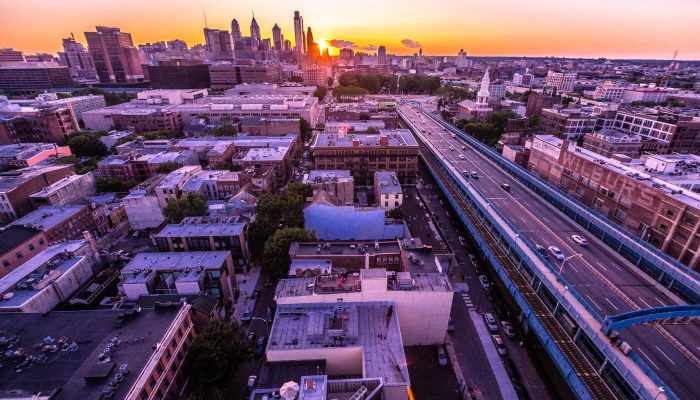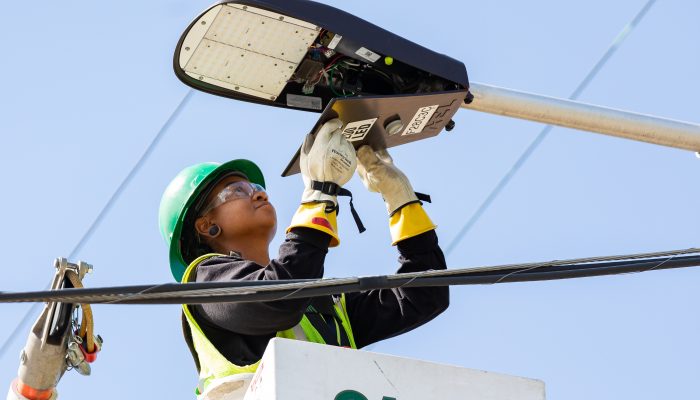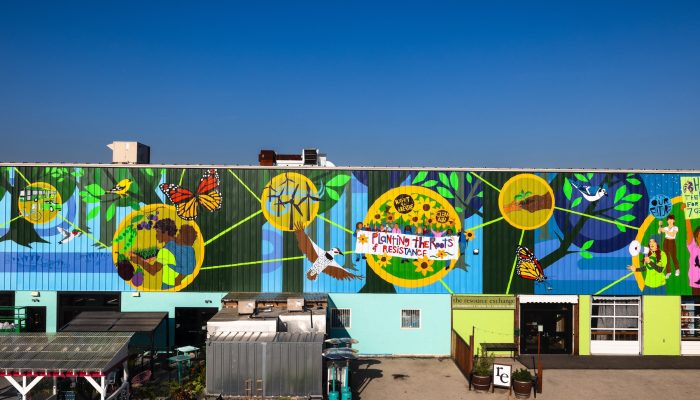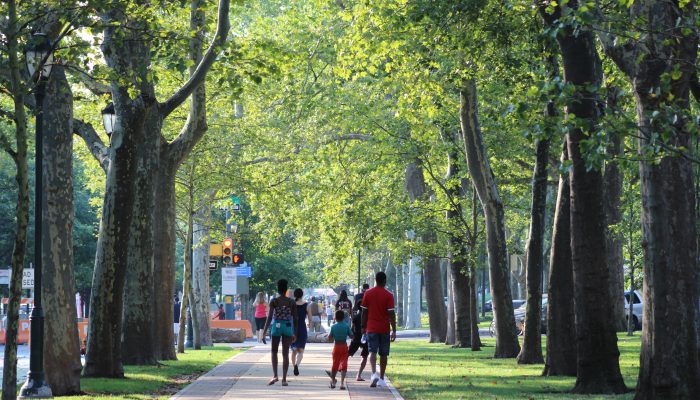Philadelphia has been recognized by the non-profit CDP as one of 88 cities across the globe that continue to lead on climate action despite the pressures of tackling COVID-19. Representing a combined population of nearly 125 million, the 2020 CDP “A List” cities continue to ramp up environmental action and ambition, build resilience, and rapidly cut emissions to safeguard the planet, economy, and citizens.
To score an A, a city must disclose publicly and have a city-wide emissions inventory, have set an emissions reduction target, and have published a climate action plan. It must also complete a climate risk and vulnerability assessment and have completed a climate adaptation plan to demonstrate how it will tackle climate hazards now and in the future. Philadelphia has been recognized for its actions to develop robust climate change strategies and act to limit and reduce emissions, assess and mitigate climate risks, and transparently report this information in its 2020 disclosure to CDP.
In 2017, Mayor Kenney reaffirmed the City of Philadelphia’s commitment to reduce emissions 80 percent by 2050 (80×50), and he also signed the Mayors for Clean Energy pledge to transition Philadelphia to 100 percent clean energy. Additionally, Philadelphia joined the C40 Cities Deadline 2020 Initiative, a commitment from some of the world’s largest cities to deliver on the Paris Climate Agreement.
To advance toward meeting these commitments, the City continues to expand programs to increase energy efficiency in buildings, save money, and create jobs through initiatives like the Energy Benchmarking Program, Commercial Property Assessed Clean Energy Program, and the new Building Energy Performance Program. The City is ramping up the use of clean energy in homes and businesses through Solarize Philly and has committed to purchasing 22 percent of its municipal electricity from a 70-megawatt solar facility in Pennsylvania. The City also continues to expand climate initiatives that go beyond the built environment such as Zero Waste Initiatives and Connect, Philadelphia’s strategic transportation plan.
In addition to efforts to reduce greenhouse gas emissions, the Office of Sustainability and many partners are hard at work preparing the city and its residents for a hotter, wetter future and taking steps to make Philadelphia more resilient to the impacts of climate change. In 2015, the City released Growing Stronger: Toward a Climate-Ready Philadelphia and has since been working to implement its recommendations. The City created the Philadelphia Heat Vulnerability Index to help residents learn how vulnerable their neighborhoods are to extreme heat and access resources for keeping cool and launched the Beat the Heat pilot project to work with advocates and neighborhood groups in Hunting Park to create resources for building neighborhood climate resilience.




